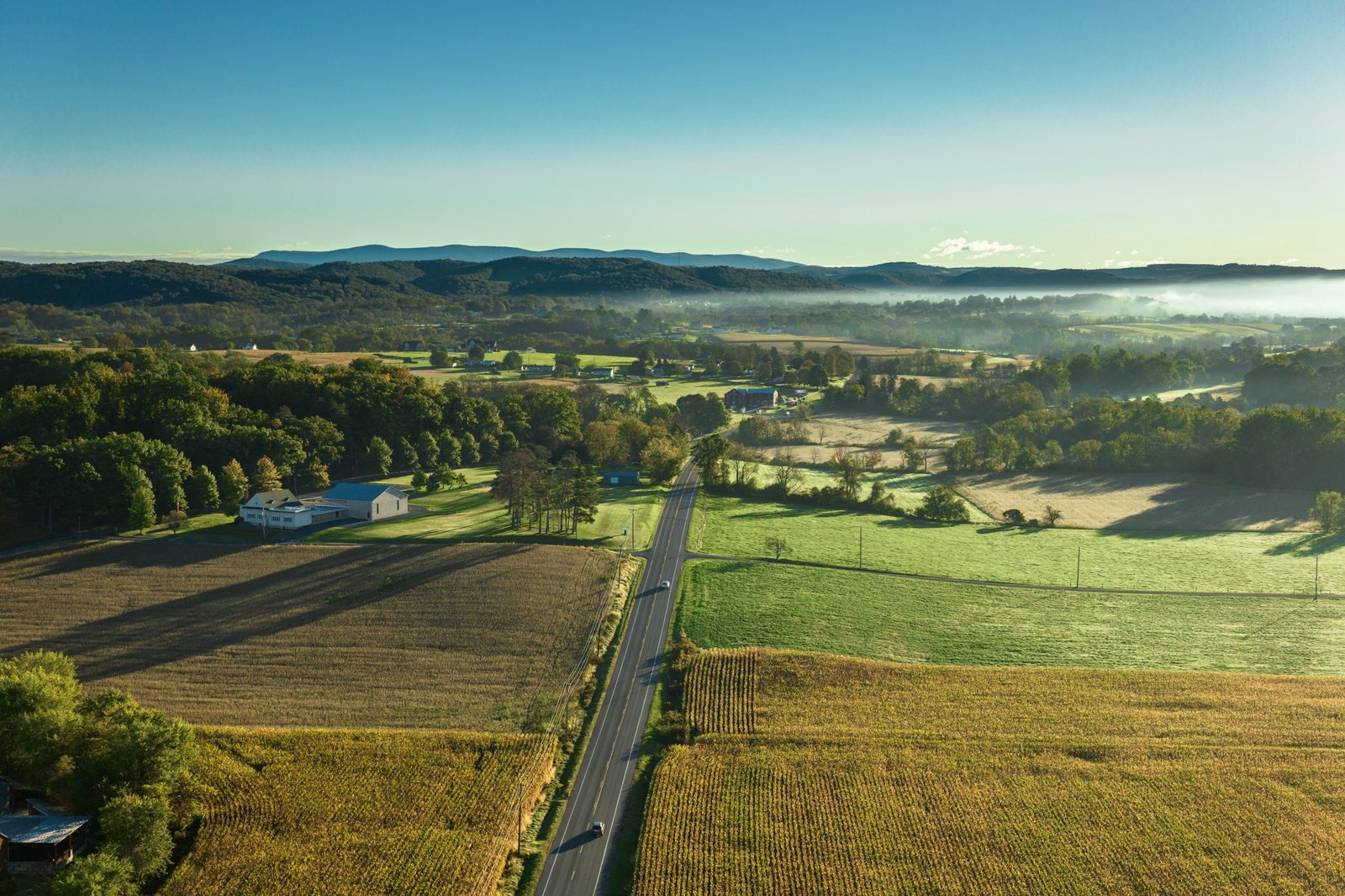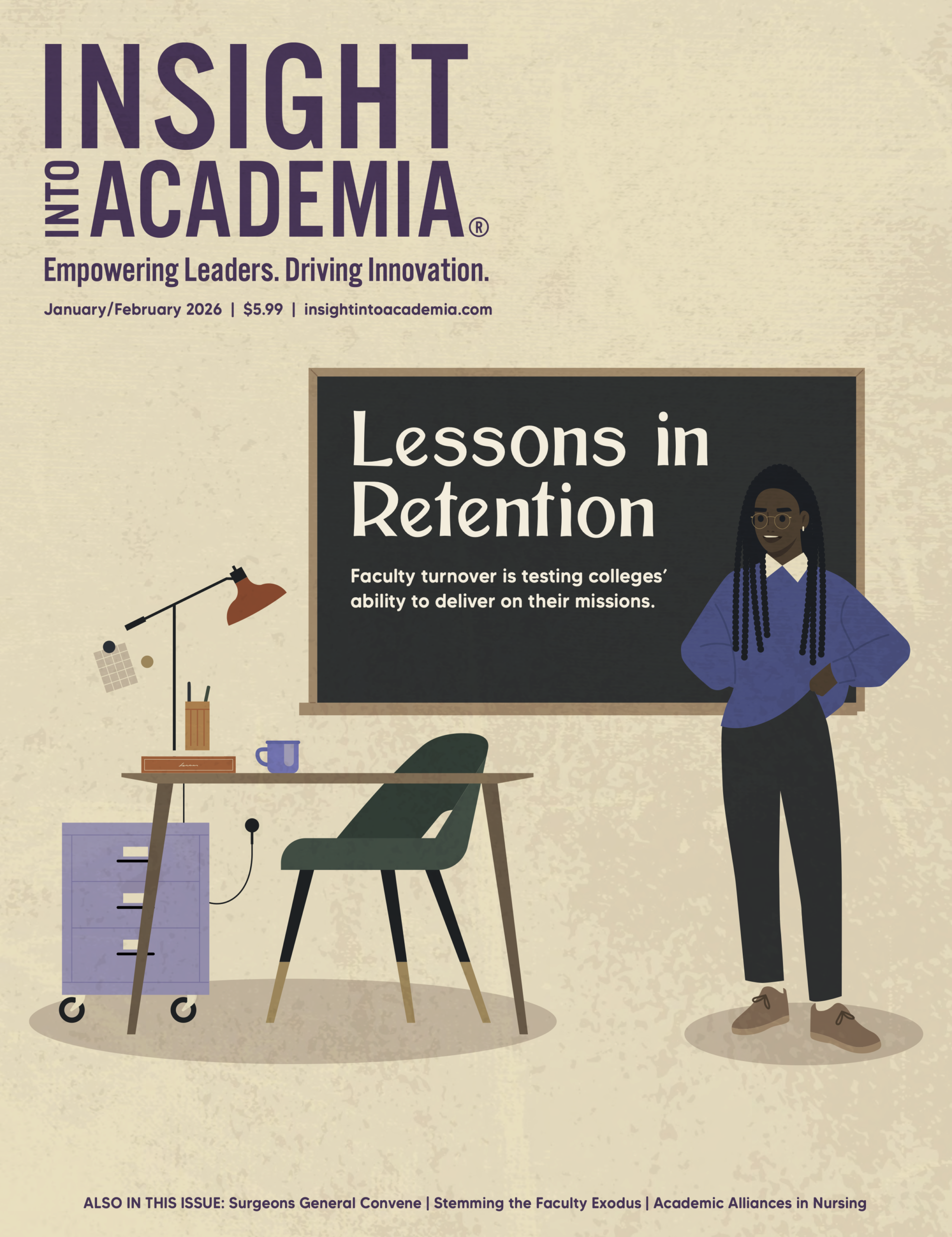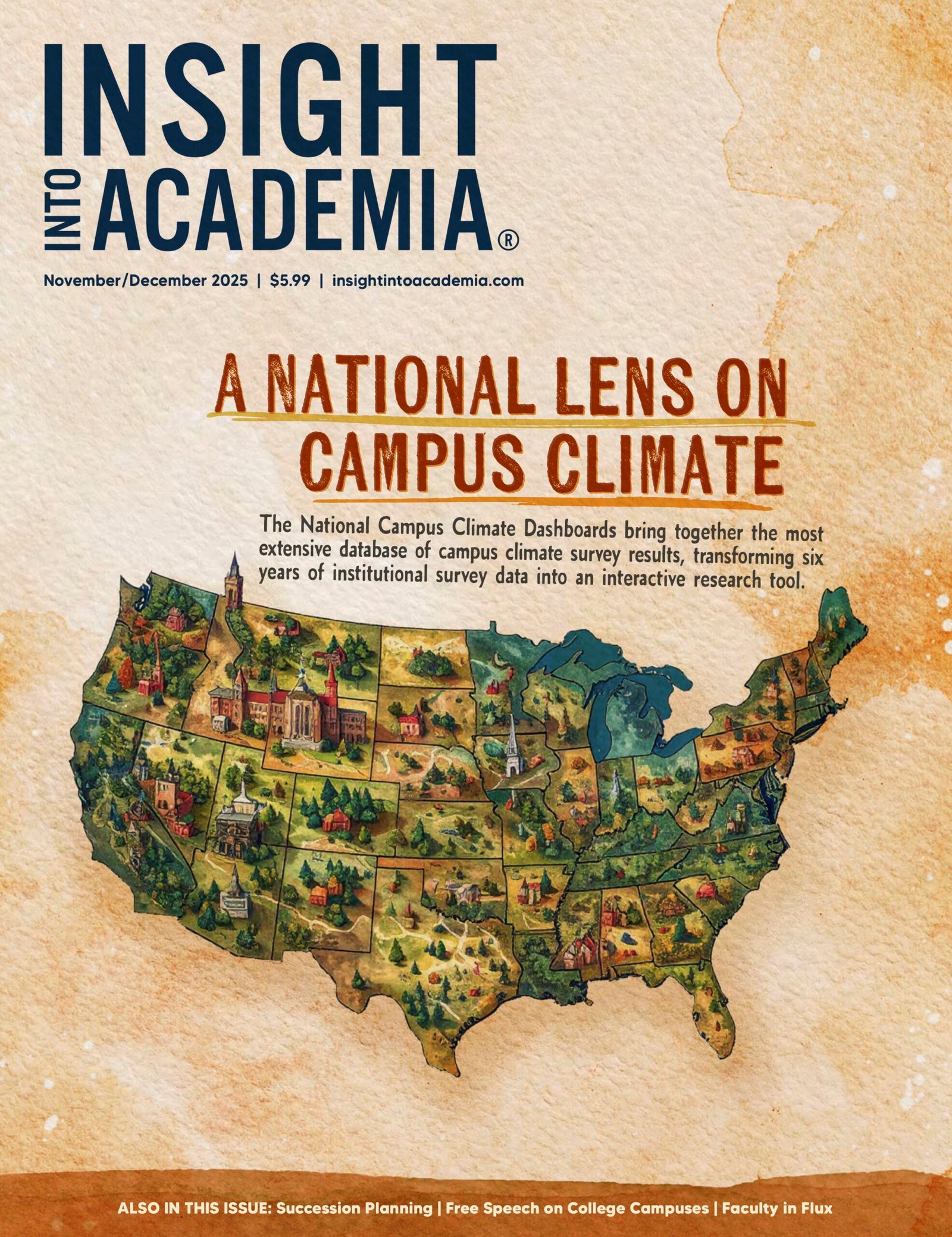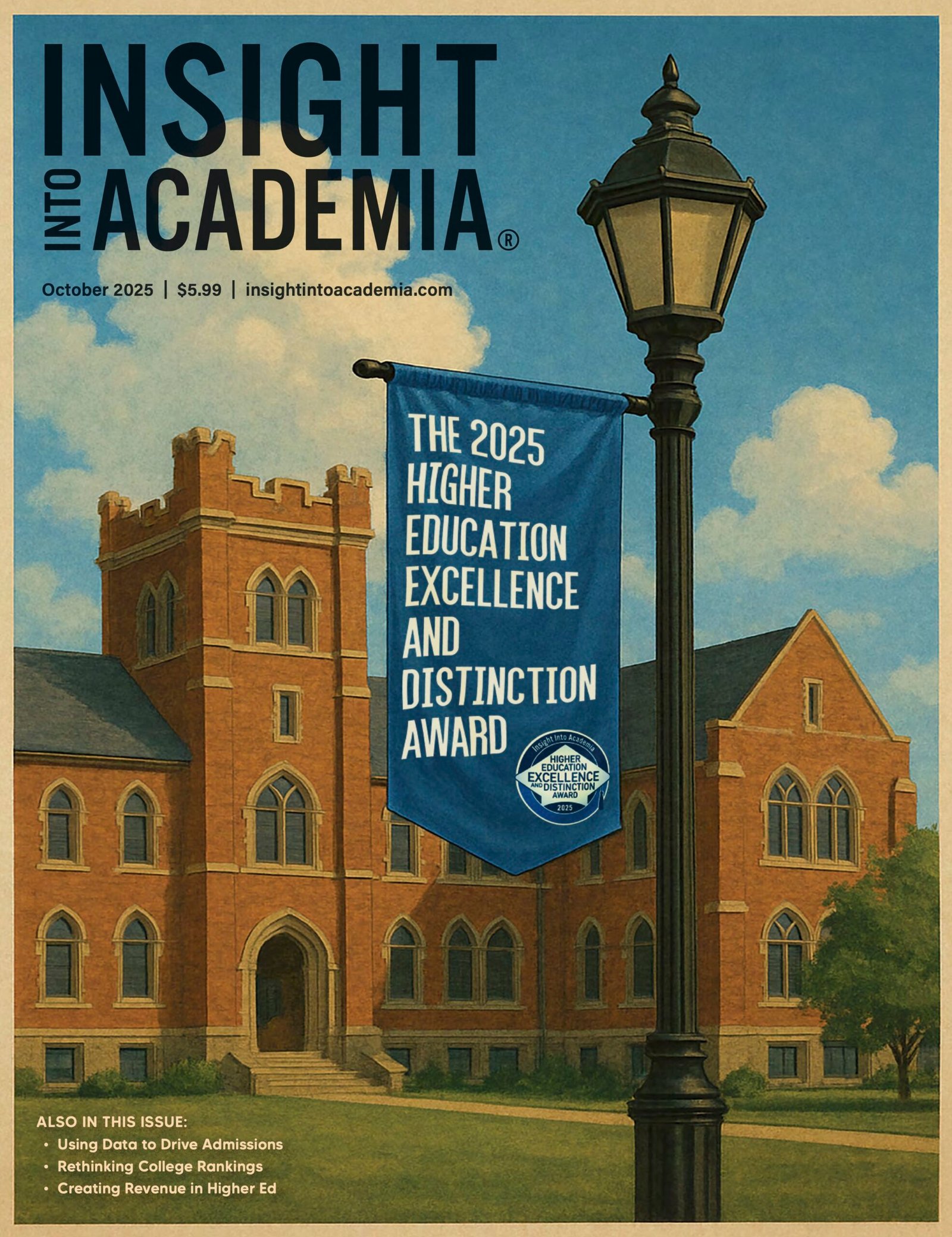The University of Idaho (UI) is spearheading a new initiative to support farmers and ranchers in adopting climate-smart agricultural practices through its Innovative Agricultural and Marketing Partnership (IAMP) program. With a $59 million grant from the U.S. Department of Agriculture (USDA), this five-year effort aims to reduce greenhouse gas emissions, enhance soil carbon sequestration, and establish climate-smart markets for Idaho’s staple commodities.
The IAMP initiative is designed to incentivize sustainable farming practices for producers of key commodities, including potatoes, wheat, barley, sugar beets, hops, chickpeas, and beef. By implementing methods such as cover-cropping, reduced tillage, precision fertilizer application, and prescribed grazing, participating farmers are expected to prevent between 31,000 and 70,000 metric tons of carbon dioxide from entering the atmosphere each year.
“This is a monumental achievement for our university, but the big winners will be Idaho farmers and ranchers who are willing to try new approaches to producing food, with the goal of making their operations more sustainable and protecting the environment,” says Christopher Nomura, PhD, UI’s vice president of research and economic development.
More than half of the funding will go directly to Idaho farmers and ranchers through financial incentives.
Payments range from $38 to $74 per acre, depending on the crop and practice adopted, or $1 per animal per day for grazing cover crops. More than 200 farms are expected to participate, with at least 30% of program slots reserved for producers from underserved communities. The program will potentially cover approximately 10% of Idaho’s active cropland, positioning the state as a national leader in climate-smart agriculture.
Sustainable Farming Practices in Action
The Innovative Agricultural and Marketing Partnership program promotes several key climate-smart practices to help Idaho farmers reduce their environmental impact while improving soil health and productivity.
Cover cropping involves planting specific crops, such as legumes or grasses, during the off-season to protect and enrich the soil. These crops help prevent erosion, retain moisture, and enhance soil nutrients, reducing the need for synthetic fertilizers.
Reduced tillage minimizes soil disturbance by limiting the plowing and turning of soil. This practice helps preserve soil structure, reduce erosion, and maintain essential microbial life, leading to healthier and more resilient farmland.
Precision fertilizer application ensures that nutrients are applied in targeted amounts and locations, preventing overuse and runoff that can harm water quality. By using advanced technology and data analysis, farmers can optimize crop growth while reducing excess emissions from nitrogen-based fertilizers.
Prescribed grazing is a rotational livestock management strategy that prevents overgrazing and encourages plant regrowth. By strategically moving cattle and other livestock across pastures, farmers can improve soil carbon storage, promote biodiversity, and reduce land degradation.
These methods, supported through financial incentives in the IAMP program, help farmers transition toward more sustainable and environmentally friendly agricultural practices
As part of its commitment to inclusive agricultural advancement, UI is actively partnering with tribal communities across the state to integrate climate-smart practices into Indigenous farming and ranching operations through IAMP. These collaborations focus on aligning traditional ecological knowledge with modern sustainable agriculture techniques to enhance soil health, water conservation, and carbon sequestration. Tribal producers will have access to financial incentives, technical assistance, and educational resources tailored to their specific agricultural practices and cultural priorities. By fostering these partnerships, the effort aims to support economic resilience within tribal communities while contributing to statewide sustainability goals.
Beyond direct financial incentives, the initiative will generate critical data to inform future carbon credit trading and climate policies. Research findings will be shared through an online dashboard featuring interactive resources, videos, and educational materials. The UI Extension office will also provide technical expertise and site visits to support participating farmers.
“It is our hope that the lessons we learn can help farmers across the reservation adapt their farming practices in a way that benefits their productivity while also benefiting the Tribe’s ability to protect the quality and health of its water and soil in the face of warming temperatures and increased probability of drought,” Laura Laumatia, PhD, environmental programs manager for the Coeur d’Alene Tribe, said in a press release.
UI is collaborating with a wide network of partners to ensure the program’s success. These include the Idaho Association of Soil Conservation Districts, the Nez Perce and Coeur d’Alene Tribes, The Nature Conservancy in Idaho, Desert Mountain Grass-Fed Beef, and Arrowleaf Consulting. Others include major industry players such as J.R. Simplot Company, Anheuser-Busch, Amalgamated Sugar Company, and USDA-Agricultural Research Service.
As the largest grant in UI’s history, the IAMP program underscores a significant investment in the future of Idaho’s agricultural industry. By aligning economic incentives with sustainability efforts, IAMP aims to make climate-smart farming a viable and profitable path for producers statewide.

















